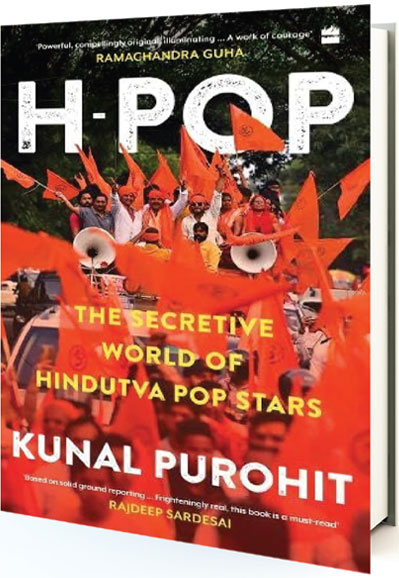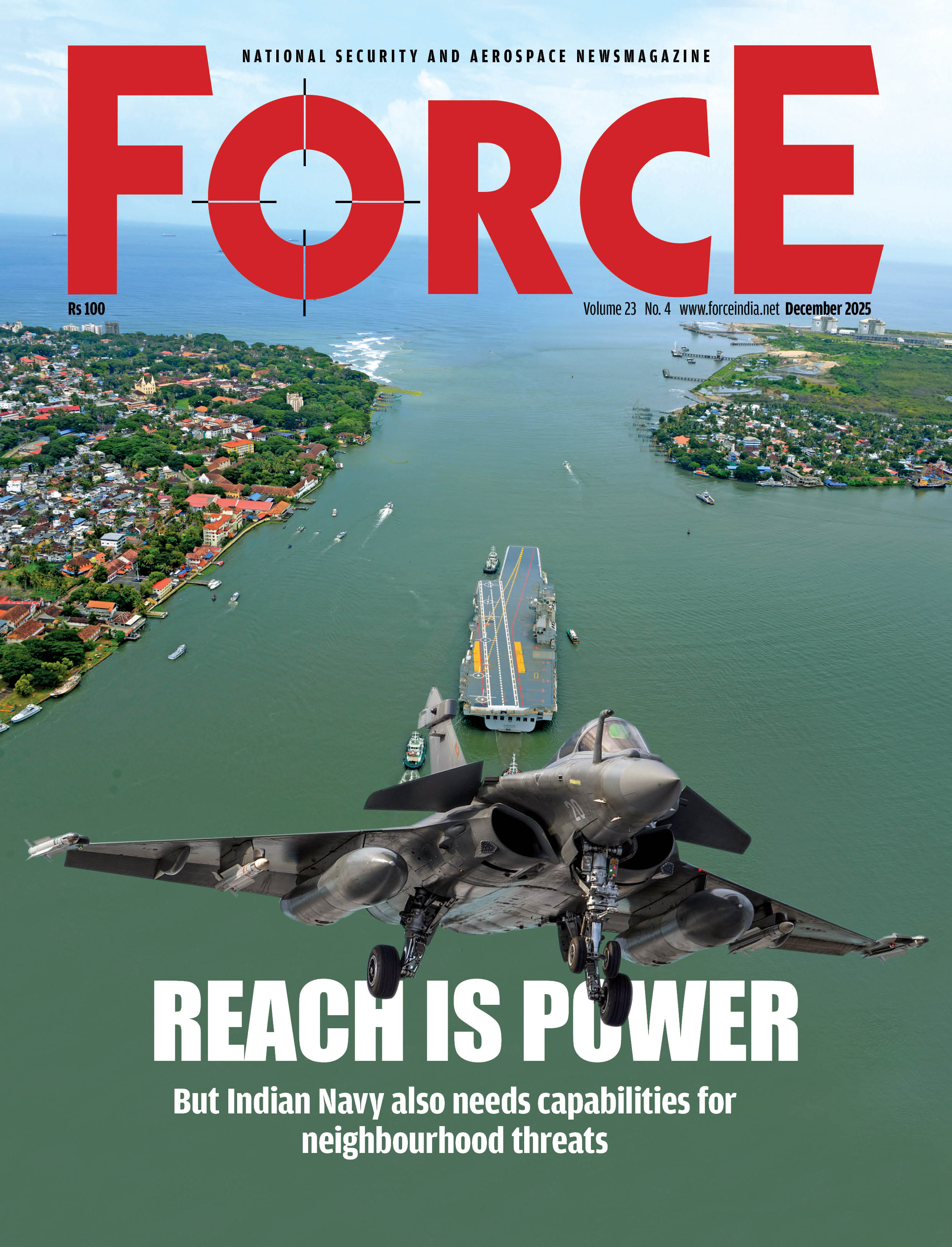Poetry as a Weapon
How extremists use music and poetry for indoctrination and mobilisation. An extract
Kunal Purohit

Kamal urgently wants to rewrite history in a way that benefits Hindu nationalists. He does this by reinventing the past and recasting inglorious events that painted Hindu nationalists in a poor light, by pitting historical figures against each other and urging his audience to discard icons who were critical of Hindu nationalism.
Travelling to smaller cities, mofussil towns and villages, Kamal carries the message of Hindutva through his craft. He helps to spread the ideology in areas where most mainstream forms of popular culture might not have the reach and, as a result, the same impact as his poetry could. Addressing dozens of such events each year since he started in 2017, Kamal has traversed across the northern, western and eastern parts of the country many times over, incidentally, the regions where the BJP gets the bulk of its electoral backing.
Through his work, Kamal makes his message simple to understand: conjuring up vivid imagery of a glorious past, painting the present to be abhorrent and stoking fears in his audience about a grim future.
He will ask seemingly straightforward questions. One of his most popular works focuses on the revolutionary Chandrashekhar Azad, titled ‘Chandra Shekhar Ko Kya Mila?, What did Chandra Shekhar Get’. In it, he juxtaposes how Azad died and has since been forgotten while Jawaharlal Nehru was rewarded with the Prime Minister’s chair. Between these selective, conveniently chosen comparisons lies his politics and its aims: such comparisons hide more than they reveal. His rhetoric, coupled with his powerful oratory in packed kavi sammelans, urges the listener to suspend reason and rationale and instead consume the emotion.
Kamal tells his listener how Azad was shot dead at the age of twenty-four by the British colonial police in the then-Alfred Park of Allahabad city. Azad had spent ten years in the country’s freedom stru
Subscribe To Force
Fuel Fearless Journalism with Your Yearly Subscription
SUBSCRIBE NOW
We don’t tell you how to do your job…
But we put the environment in which you do your job in perspective, so that when you step out you do so with the complete picture.







